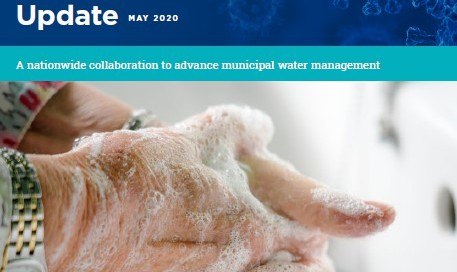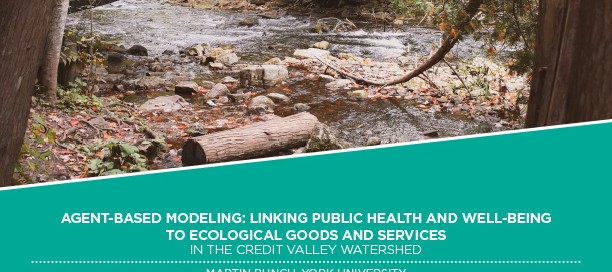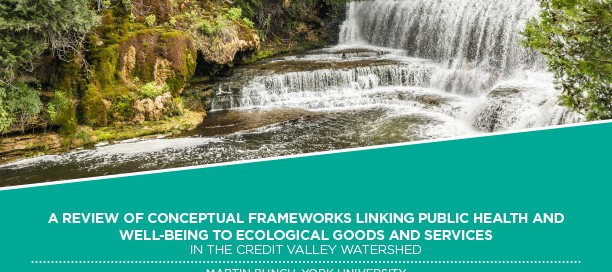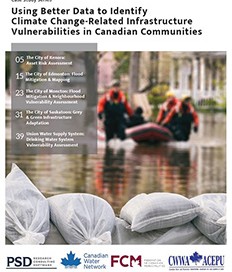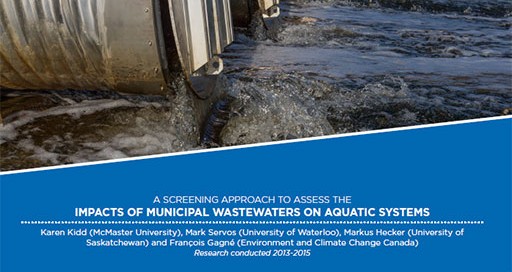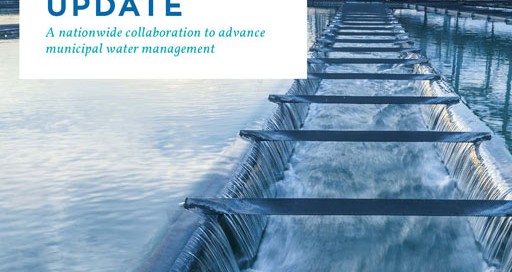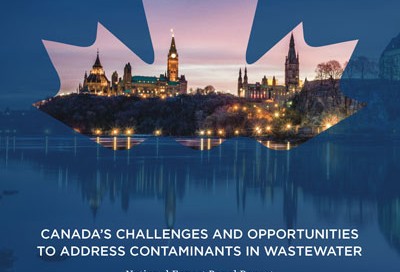2019 Municipal Consortium Update
The Canadian Municipal Water Consortium connects utilities, researchers, industry, government and other cross-sector organizations to address Canada’s municipal water management challenges. Each year, the Consortium delivers decision-ready knowledge, connects people and perspectives, leads coast-to-coast conversations and shapes national and international narratives to accelerate, advance and improve municipal water management decisions. The 2019 update provides a [...]


